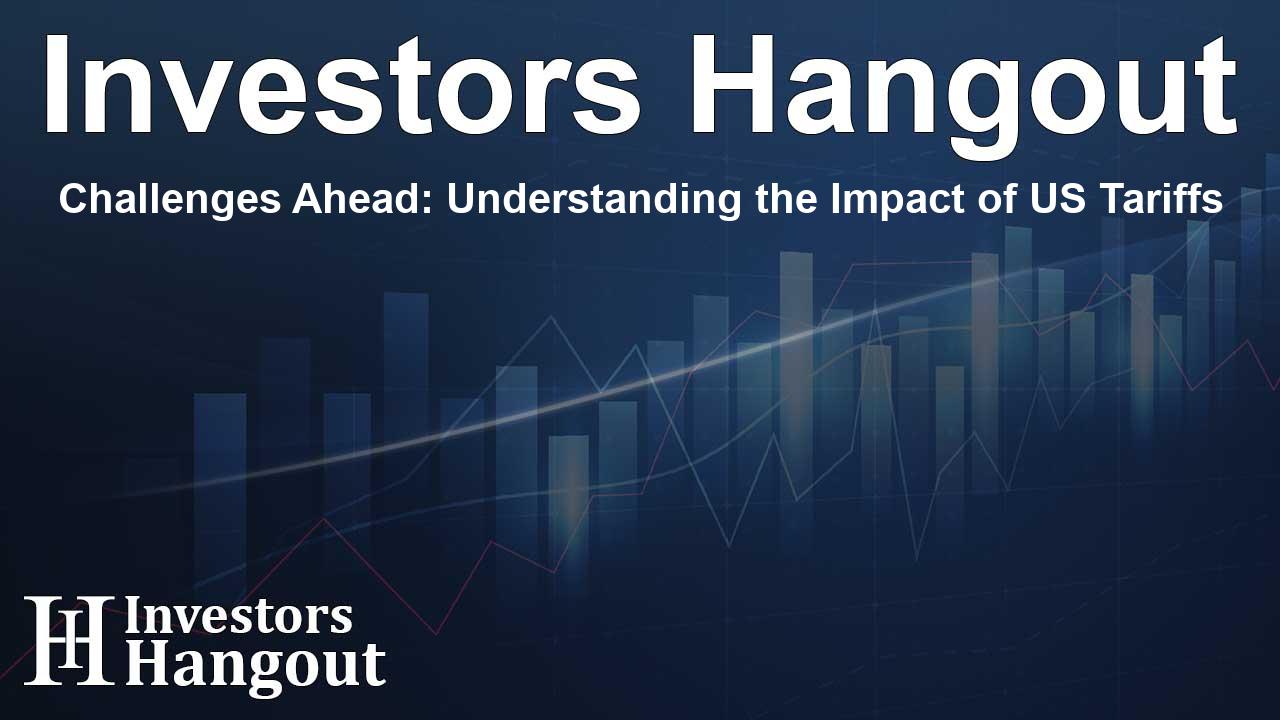Challenges Ahead: Understanding the Impact of US Tariffs

Challenges Ahead: Understanding the Impact of US Tariffs
The United States is poised to undergo significant fiscal changes in the coming months that could have wide-reaching implications.
Within the next few months, a fiscal tightening will be evident, and this transition may catch many by surprise.
It's essential to understand how such a situation could develop.
The crux of the issue lies in the expected collection of $150 billion in tariffs during the final months of the year. These tariffs are likely to squeeze both corporate profits and consumer spending power, akin to the effects of a new tax being implemented.
As we look ahead, the situation becomes even more complex. In the upcoming months, we will not see any substantial fiscal stimulus to counterbalance this fiscal tightening. The anticipated Benefits from the OBBB will not manifest until 2026, and it is unlikely to provide significant relief.
The overall implication?
We are facing a fiscal contraction that may last for several months ahead.
When reviewing relevant financial data, we find that in 2025, the inflation-adjusted primary deficit spending is projected to reach 1.54% of GDP, already falling short of the previous year's figures.
Should my analysis concerning tariffs hold true, we could observe that the fiscal deficit effects will be considerably diminished compared to those of 2023 and 2024.
This raises a critical question: How will the economy navigate through these tightening financial circumstances?
Some indications of vulnerability within the economy have already started to emerge.
The Broader Economic Context
As tariffs exert their pressure, businesses may be compelled to raise prices or cut costs to maintain their profit margins. This could lead to an environment of decreased spending by consumers, who will have less disposable income.
Additionally, several sectors that rely heavily on imports, particularly those affected by tariff increases, could see a slowdown in growth. The pain may be felt more acutely in industries that are already operating on thin margins.
Consumer Sentiment and Spending
Another component that comes into play is consumer sentiment. As uncertainty rises regarding future income levels and spending capacities, consumers could become more reserved in their spending habits. This self-reinforcing cycle can further exacerbate economic volatility.
Potential Responses from Corporations
Corporations, facing tighter margins, may seek to adapt by innovating their product lines, exploring new markets, and streamlining operations to enhance efficiency. These adaptive strategies will be crucial for maintaining competitiveness in a changing landscape.
Frequently Asked Questions
What are the anticipated effects of tariffs on US consumers?
Tariffs can increase the prices of imported goods, which may lead consumers to experience reduced disposable income and fewer purchasing options.
How will the fiscal tightening influence corporate profits?
Corporate profits may diminish as companies contend with rising costs imposed by tariffs, compelling them to adjust their prices or restructure their operations.
When can we expect economic recovery from this fiscal tightening?
Without a significant fiscal stimulus until 2026, the economy may feel the strain for an extended period, making recovery efforts challenging.
Are there specific sectors more vulnerable to these changes?
Sectors that heavily rely on imported goods, such as manufacturing and retail, are likely to be hit hardest by increased tariffs.
What strategies can companies employ to navigate these challenges?
Companies may need to innovate, seek operational efficiencies, and explore diversification to better cope with the financial pressures from tariffs.
About The Author
Contact Evelyn Baker privately here. Or send an email with ATTN: Evelyn Baker as the subject to contact@investorshangout.com.
About Investors Hangout
Investors Hangout is a leading online stock forum for financial discussion and learning, offering a wide range of free tools and resources. It draws in traders of all levels, who exchange market knowledge, investigate trading tactics, and keep an eye on industry developments in real time. Featuring financial articles, stock message boards, quotes, charts, company profiles, and live news updates. Through cooperative learning and a wealth of informational resources, it helps users from novices creating their first portfolios to experts honing their techniques. Join Investors Hangout today: https://investorshangout.com/
The content of this article is based on factual, publicly available information and does not represent legal, financial, or investment advice. Investors Hangout does not offer financial advice, and the author is not a licensed financial advisor. Consult a qualified advisor before making any financial or investment decisions based on this article. This article should not be considered advice to purchase, sell, or hold any securities or other investments. If any of the material provided here is inaccurate, please contact us for corrections.
